There is some limited evidence to support the claim that vitamin E can help prevent hair loss.
A small research study using a total of 38 volunteers experiencing hair loss examined the role that vitamin E played in preventing this loss. The study found that one of the components of vitamin E did improve the hair growth of the volunteers compared with a placebo.
More research is still necessary to determine how vitamin E affects hair loss.
Increased shine
According to some people, vitamin E can help replenish shine that the hair loses as a result of damage. Chemicals, heat, and other styling products can all damage the hair.
A person can restore shine using oils, which provide an extra layer of protection to the skin and hair. Many manufacturers will add vitamin E to their products to help restore shine.
There is limited research on how effective vitamin E is at making the hair shinier again.
How to use or get more vitamin E
Vitamin E is a naturally occurring nutrient that is in certain foods. People can also find it in supplements and other products.
People can use the following methods to increase their vitamin E intake or apply more of this vitamin to the hair and scalp:
Shampoo and other hair products
Vitamin e shampoo for hair
Some shampoos and conditioners are fortified with vitamin E.
Several shampoos and conditioners contain vitamin E. People can wash their hair with vitamin E-fortified shampoo and conditioner as they would with regular products.
It is essential to follow the directions on the information label when using special products and supplements.
Fortified shampoos containing vitamin E and other nutrients are available to purchase online. Again, it is worth noting that there is little evidence to support their effectiveness in boosting hair health.
Improve overall diet
Vitamin E is present in several types of food. These include:
leafy greens
nuts and seeds
vegetable oil
fortified breakfast cereals
To increase their intake of vitamin E, people can eat foods that are naturally rich in this vitamin. Some good food sources of vitamin E include:
1 tablespoon of wheat germ oil — 20.3 milligrams (mg)
1 ounce (oz) of dry roasted sunflower seeds — 7.4 mg
1 oz of dry roasted almonds — 6.8 mg
2 tablespoons of peanut butter — 2.9 mg
half a cup of boiled spinach — 1.9 mg
half a cup of boiled broccoli — 1.2 mg
Experts generally consider increasing the intake of foods that contain vitamin E to be safe.
Use of supplements
Vitamin E supplements are often available in specialty shops and the pharmacy section of various stores.
People taking vitamin E should always use it according to the directions. They should also take it with food as it is a fat-soluble vitamin.
Supplements contain a synthetic form of vitamin E. According to the Office of Dietary Supplements (ODS), people need around 50 percent more synthetic vitamin E than naturally occurring vitamin E to get the same health benefits.
It is best to speak to a doctor before taking vitamin E supplements because too much vitamin E may be harmful.
Vitamin E oils
Certain oils contain an infusion of vitamin E. People should mix these oils with a carrier oil if the manufacturers have not already diluted them. This will help prevent skin irritation.
Although it is possible to apply vitamin E oils directly to the scalp, infused oils may not be the best choice for most people as they are expensive and can be difficult to use.



 Contact Us
Contact Us






 Hospitals
Hospitals
 Doctors
Doctors
 Diagnostic
Diagnostic
 Pharmacy
Pharmacy
 Health Tips
Health Tips
 Blog
Blog









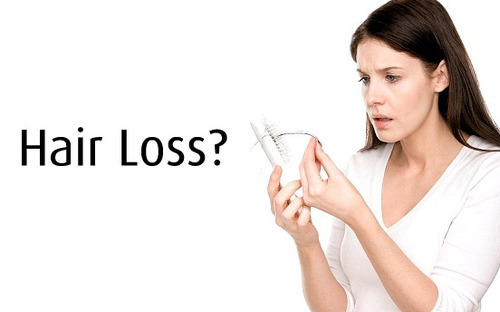
 KayaWell Expert
KayaWell Expert
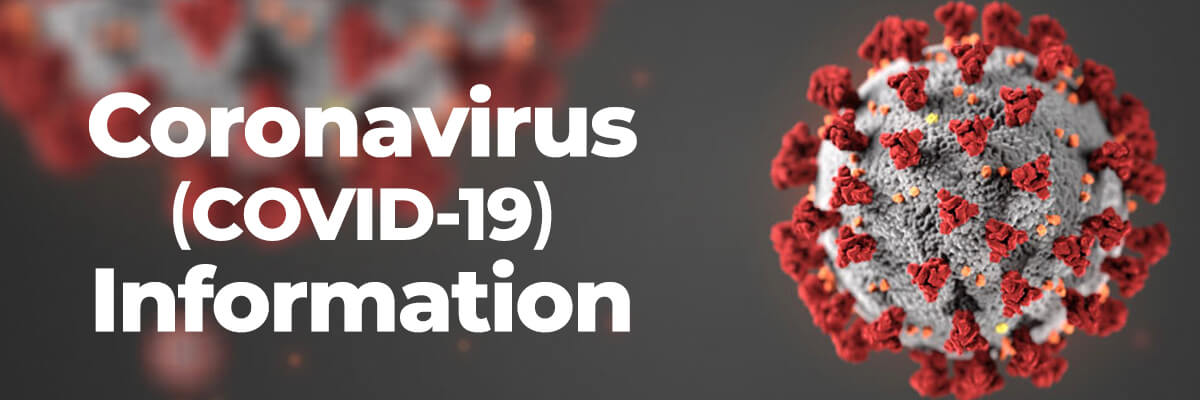



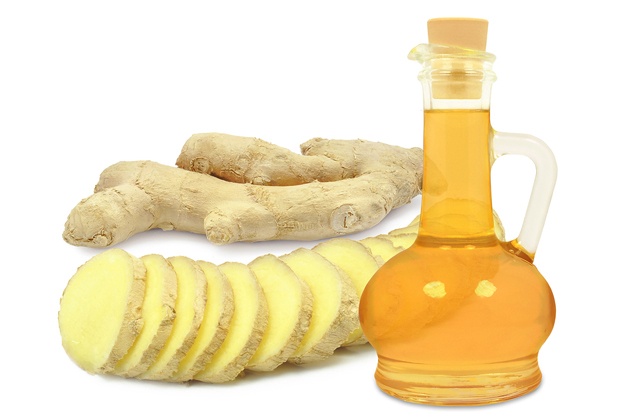
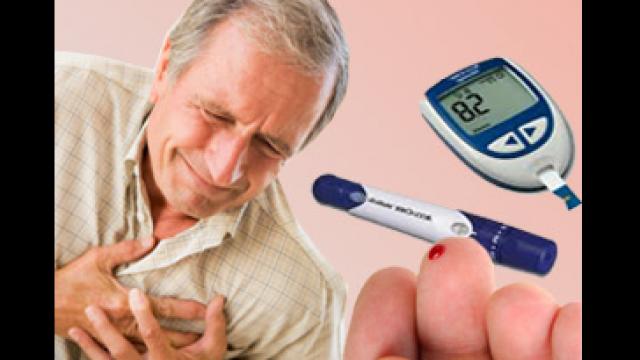
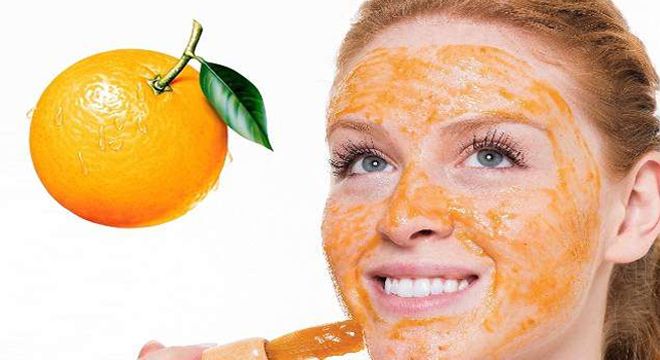
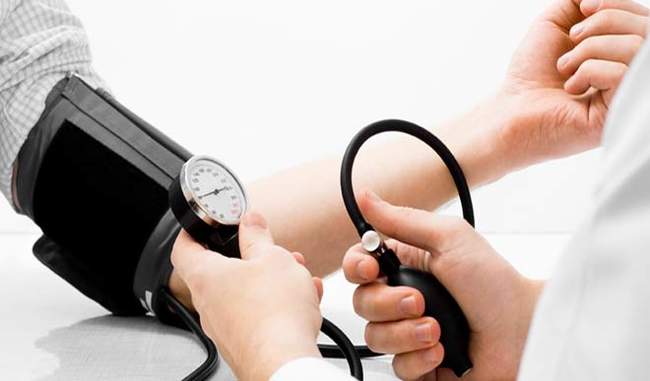


Comments